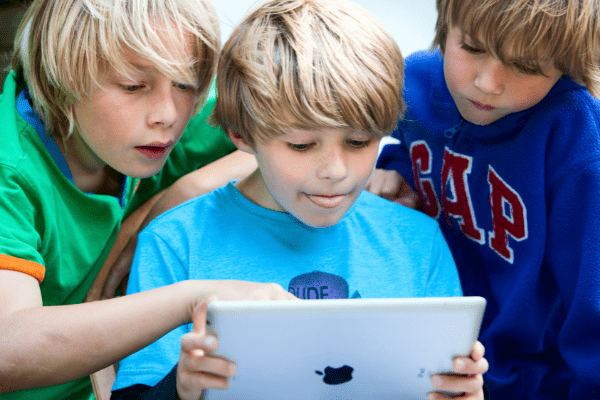There was hardly any doubt about the direction that digital innovation was moving in, but whilst the pandemic restricted human contact and slowed global economies, it served only to tighten technology's grip on our lives.
As schools were shut and offices closed, a large part of our lives was lived through screens – dependent on digital platforms and a decent wifi connection. In many scenarios, the shift brought flexibility to working hours and the freedom to adjust according to personal needs. Those fortunate enough to have a comfortable domestic situation were delighted by the chance to enjoy it. Often a source of stress on either side of the working day, many suspended their daily commute and found time for other pursuits.
Yet for some, the benefits of a digitally-oriented lifestyle were overshadowed by the physical constraints that, for all its utility, technology simply can't disguise. No amount of fibre-optic cables or LCD screens could enlarge households struggling to serve as office, school, gym, and myriad other functions all at once. This discomfort was particularly acute in urban environments where access to nature is limited even without covid-induced restrictions.
Indeed, the downsides of working online haven't gone unnoticed; whilst companies are now likely to be more amenable to a reduction in office hours, many are pushing for employees to return to the workplace. For all the opportunities that a digitised workspace offers, it seems that many long-established customs will take more than a pandemic to shake.
But whilst physical surroundings may change, technology's place in our lives looks unlikely to diminish. Many more affluent cities and nations are preparing to roll out 5G – hailed by tech companies as the next step in the march towards a flawlessly integrated lifestyle where traffic management can be optimised at rush hour and fridges can automatically order more milk.
Like it or not, the presence of technology in our modern environments is almost inescapable: whether for work, entertainment, social engagements or even matters of health, very few interactions are unmediated by digital devices. This is something that older generations must fast grow accustomed to – for the young, "digital literacy" is second nature.
Related News
- Proximus pushes for high-speed internet in Brussels and Wallonia
- Antwerp hospital uses VR to make young patients feel at home
- More than 1 in 4 Belgians use mobile phones whilst driving
Designers and developers herald these technological advances as a means of simplifying daily tasks and opening unexplored avenues of possibility. But although an increasingly digitised world has brought once distant entities within reach, learning to be healthy in a hyperconnected world is much more difficult.
In light of this, Digital Week 2021 is hosting a series of seminars, conferences, and workshops in an effort to address the question of living in an ever more connected world.
The festival runs until 29 October and is currently underway in locations across the country and, of course, online. The theme of "digital wellbeing" is central to this year's proceedings, with a total of 118 activities scheduled. In a press release, the organisers insist that being "Hyperconnected and happy is possible" but highlight the need to ensure that the omnipresence of technology in our lives does not lead to stress, addiction, fatigue, or other detrimental effects.
Some of the topics explored include managing technology between the workplace and family; how much screen time is healthy; or classes for new digital practices. Organisers hope that the festival will lead to debate, reflection, and a better attitude towards technology and how we interact with it.
As the digital revolution shows no sign of slowing, the need to find a healthy and sustainable approach to a hyperconnected world is greater than ever. For every technological step forward, we must make sure that we remain in control of our lifestyles.

